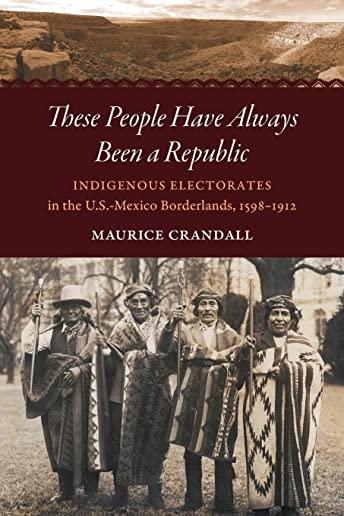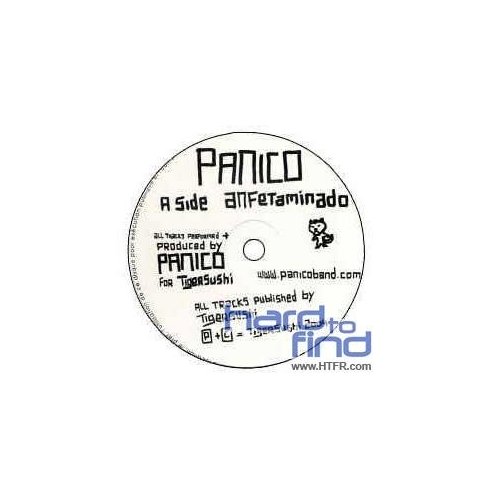
Crandall, Maurice S.
product information
description
colonial regimes of Spain, Mexico, and the United States, Maurice S. Crandall's sweeping history of Native American political rights in what is now New Mexico, Arizona, and Sonora demonstrates how Indigenous communities implemented, subverted, rejected, and indigenized colonial ideologies of democracy, both to accommodate and to oppose colonial power.
Focusing on four groups--Pueblos in New Mexico, Hopis in northern Arizona, and Tohono O'odhams and Yaquis in Arizona/Sonora--Crandall reveals the ways Indigenous peoples absorbed and adapted colonially imposed forms of politics to exercise sovereignty based on localized political, economic, and social needs. Using sources that include oral histories and multinational archives, this book allows us to compare Spanish, Mexican, and American conceptions of Indian citizenship, and adds to our understanding of the centuries-long struggle of Indigenous groups to assert their sovereignty in the face of settler colonial rule.
Focusing on four groups--Pueblos in New Mexico, Hopis in northern Arizona, and Tohono O'odhams and Yaquis in Arizona/Sonora--Crandall reveals the ways Indigenous peoples absorbed and adapted colonially imposed forms of politics to exercise sovereignty based on localized political, economic, and social needs. Using sources that include oral histories and multinational archives, this book allows us to compare Spanish, Mexican, and American conceptions of Indian citizenship, and adds to our understanding of the centuries-long struggle of Indigenous groups to assert their sovereignty in the face of settler colonial rule.
member goods
No member items were found under this heading.
Return Policy
All sales are final
Shipping
No special shipping considerations available.
Shipping fees determined at checkout.







